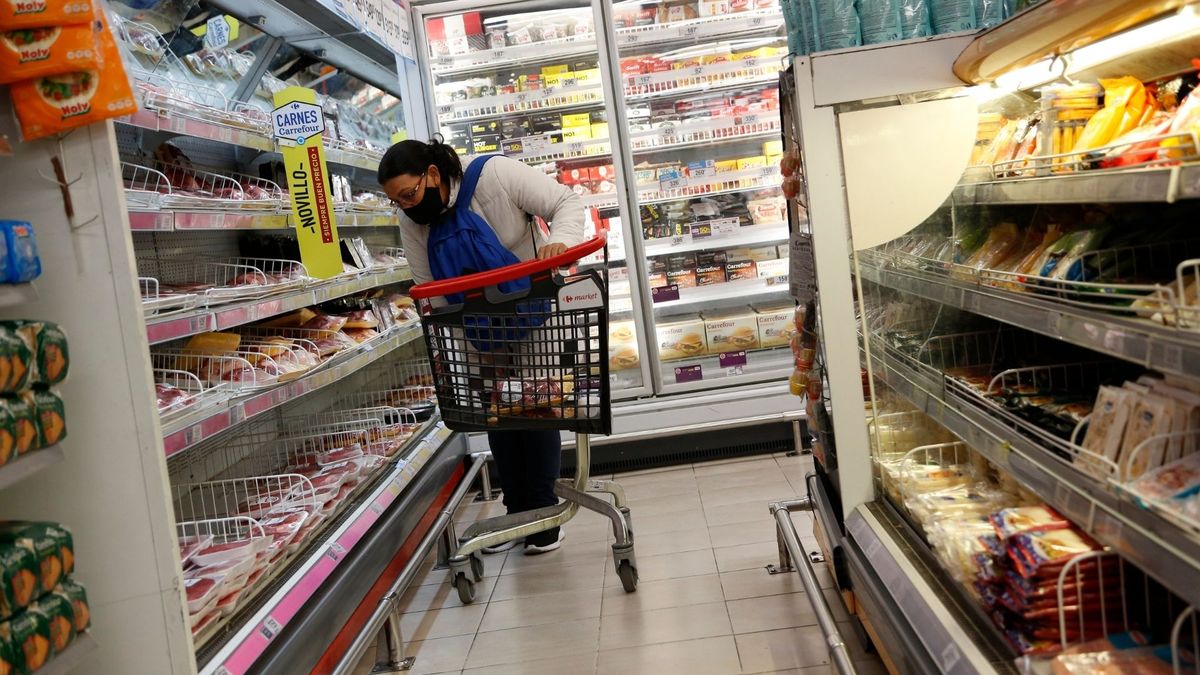Whereas in the late 20th century discussions of overconcentration problems in the food industry focused primarily on the dominant position of food processors, in the 21st century the debate shifted to the implications of concentration in retail markets and inputs.
“We always look at food companies, but now we must also see the role of large supermarkets due to their size and concentration”said the Rural Justice and Development coordinator for Oxfam Brazil, Gustavo Ferroni.
“There are few supermarkets that concentrate a very large part of the sector in the countries,” added the specialist, who cited the case of Brazil, where he pointed out that the French multinational Carrefour and the Brazilian group Pao de Acúcar concentrate almost half of the sector in the country.
Faced with this situation, the NGO decided to launch the The Hour of Change campaign, in which he denounced that in the last 20 years supermarkets have accumulated an increasing percentage of the final price paid by consumers, while that received by rural workers has been reduced.
According to his report, between 1995 and 2011, farmers lost 13.1% of the percentage obtained from the final consumer price, while in the same period, supermarkets increased this value by 11.5%, becoming the actor with the highest percentages retained within the food production chain, accumulating the largest increases.
Oxfam also made a mapping of the value chains of twelve food products – from Asia, Africa and Latin America – which revealed that in all the cases of Europe and the United States they kept most of the wealth generated, while that the average income of small producers was insufficient to lead a decent standard of living or exercise their human rights.
“Supermarkets have a very significant role. They have very important food chains: direct with their own brand products, in addition to the sale of natural products and that of third parties,” Ferroni stressed.
The growing power also influences when negotiating food prices, according to Isa Miralles, the head of Living Wage for Farmers at the Dutch NGO Fairfood.
The specialist said that, thanks to the growing dominance of their own brands, these companies have an increasingly greater market power and take advantage of it to exclude other brands from the shelves, which distorts competition.
“When you dominate a market so much that other companies cannot even agree to sell, you have the power that all the raw material goes to you and then you have many options to dictate how much you pay, how much you sell for, etc.”, stated Miralles, who specified that the domain can be both vertical – by controlling the most important steps in the supply chain – and horizontal, as it is the dominant actor in a sector.
A situation that, in his opinion, mainly harms the less developed economies, where there are a greater number of unemployed and companies have greater room to lower prices.
Source From: Ambito
David William is a talented author who has made a name for himself in the world of writing. He is a professional author who writes on a wide range of topics, from general interest to opinion news. David is currently working as a writer at 24 hours worlds where he brings his unique perspective and in-depth research to his articles, making them both informative and engaging.




